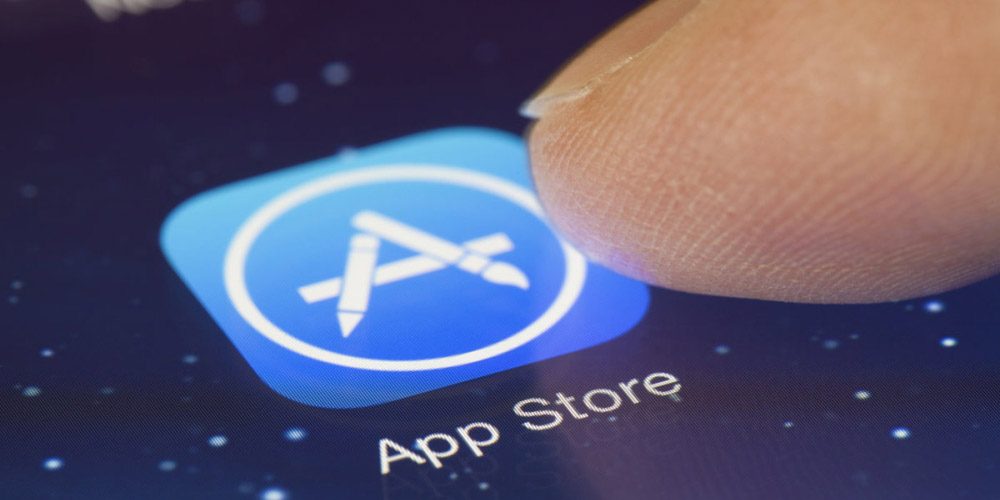 1966
1966
 2017-12-21
2017-12-21
Apple has announced today that it is revising its App Store guidelines with a handful of notable changes. The latest version of the guidelines offers new details for template applications, cryptocurrency trading clients, VPNs, and more…

Perhaps most notably, Apple has clarified its controversial language on template-based applications. It was reported earlier this month that the company was cracking down on apps generated using template services, but that decision ended up having a detrimental effect on many legitimate applications.
Today’s updated App Store guidelines, however, offer more clarity. Apple now says that any apps built around a template or using a template service must be submitted by “the provider of the app’s content.” This means that if a local restaurant builds an app using a template, it must be the one that submits the app to the App Store – rather than the template service itself.
This is notable as it allows template applications to continue living in the App Store, but it will also force more businesses to pay $99 per year for a developer membership.
Old language:
4.2.6 Apps created from a commercialized template or app generation service will be rejected.
New language:
4.2.6. Apps created from a commercialized template or app generation service will be rejected unless they are submitted directly by the provider of the app’s content. These services should not submit apps on behalf of their clients and should offer tools that let their clients create customized, innovative apps that provide unique customer experiences.
Another acceptable option for template providers is to create a single binary to host all client content in an aggregated or “picker” model, for example as a restaurant finder app with separate customized entries or pages for each client restaurant, or as an event app with separate entries for each client event.
The new App Store guidelines also offer a new section on VPN apps. Following its controversial removal of VPN apps in China earlier this year, Apple now says apps offering VPN services must not violate local laws and must be clear on what user data is collected:
5.4 VPN Apps
Apps offering VPN services must utilize the NEVPNManager API and must make a clear declaration of what user data will be collected and how it will be used. VPN apps must not violate local laws, and if you choose to make your VPN app available in a territory that requires a VPN license you must provide your license information in the App Review Notes field.
Other notable changes include some new language about cryptocurrency applications such as Coinbase. Apple says that applications that apps facilitating Intial Coin Offerings must come from established banks, securities firms, or other approved financial institutions:
Apps facilitating Initial Coin Offerings (“ICOs”), cryptocurrency futures trading, and other crypto-securities or quasi-securities trading must come from established banks, securities firms, futures commission merchants (“FCM”), or other approved financial institutions and must comply with all applicable laws.
Apple will also start working harder to ensure that frameworks like the HomeKit and HealthKit frameworks are used for their intended purposes, not to allow other features or capabilities:
Apps should use APIs and frameworks for their intended purposes and indicate that integration in their app description. For example, the HomeKit framework should provide home automation services; and HealthKit should be used for health and fitness purposes and integrate with the Health app.
There’s also new language on apps that offer so-called “loot boxes,” with Apple now requiring developers to disclose odds of receiving prizes. Essentially, a loot box is when a game offers a random selection of “prizes” as an in-app purchase. While not yet super common in mobile games, the tactic is catching on quick (and with controversy) on desktop gaming – so this seems to be Apple working to get ahead of the curve.
Apps offering “loot boxes” or other mechanisms that provide randomized virtual items for purchase must disclose the odds of receiving each type of item to customers prior to purchase.
Source: appleinsider